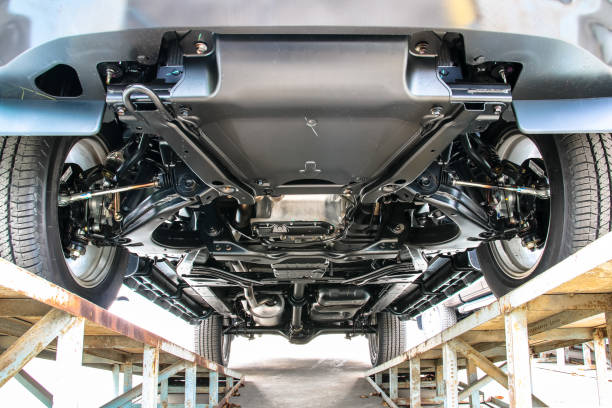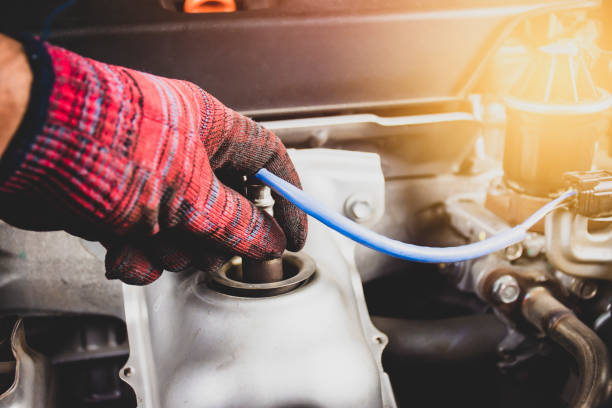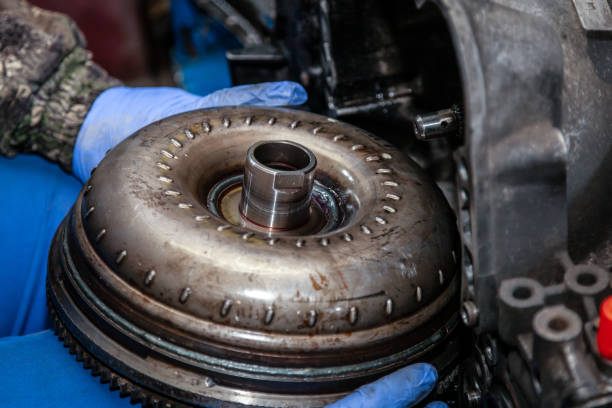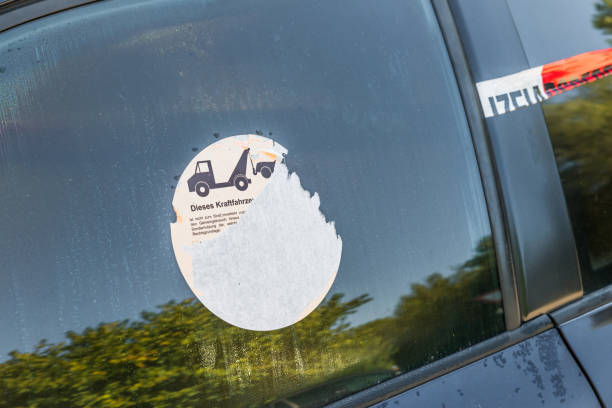As a car owner, understanding the basics of your car’s charging system is crucial. Your vehicle’s charging system keeps your battery fully charged and powers the electrical components. It consists of three major parts: the battery, alternator, and voltage regulator. The alternator is responsible for generating electricity that powers the car’s electrical system while the voltage regulator ensures that the voltage remains stable.
Different cars may have different charging systems. It’s important to know what type of charging system your car uses. Some cars may use a conventional charging system while others may use a more advanced system like the Regenerative Braking System.
Signs of a Failing Charging System to Look Out For
There are several tell-tale signs that indicate a failing charging system in your car. The first sign is a battery warning light on your dashboard. If the battery warning light comes on and stays on, it means that the charging system is not functioning correctly. Another sign is dimming or flickering headlights, which usually indicates a problem with the alternator. Additionally, if your car won’t start and makes a clicking sound instead when you turn the key, it could mean that the battery is not charging correctly.
It’s important to get these signs checked out as soon as possible to avoid further damage to your car’s electrical system. Ignoring a potential charging system issue can lead to a dead battery and stranded on the side of the road, which should be avoided at all costs.
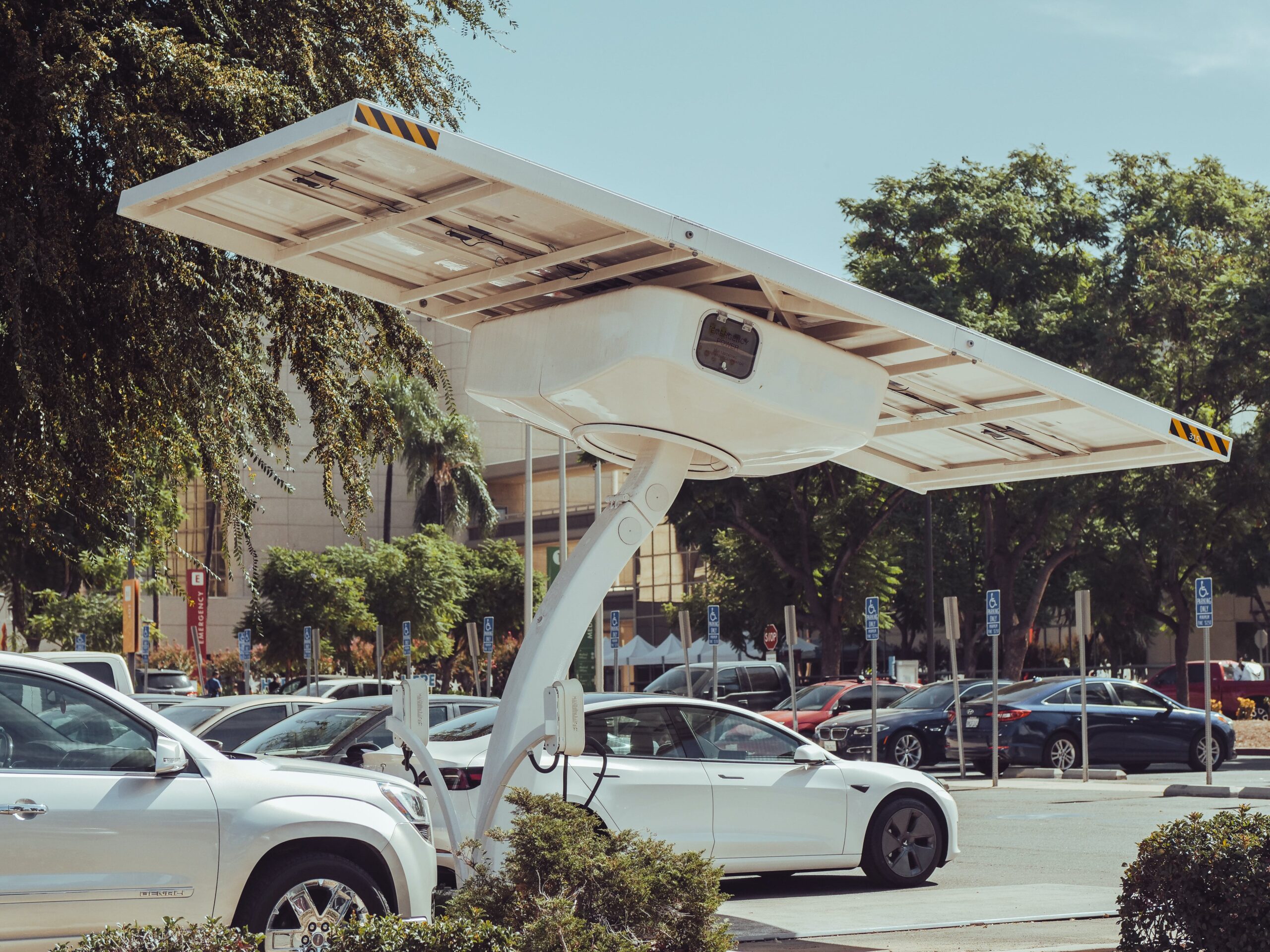
Step-by-Step Guide to Testing Your Car’s Charging System
Testing your car’s charging system is essential to determine whether or not it’s functioning correctly. Here is a step-by-step guide to testing your car’s charging system.
Step 1: Turn off your car and pop the hood.
Step 2: Check the battery connections and clean them if necessary.
Step 3: Use a multimeter to check the battery voltage.
Step 4: Start your car and check the voltage again. It should be higher than the initial reading.
Step 5: Turn on the headlights and check the voltage once more, it should not drop below the initial reading.
If there is a significant drop in voltage between steps 3 and 4 or if the voltage drops below the initial reading in step 5, it’s likely that your car’s charging system is not functioning correctly and needs to be repaired or replaced.
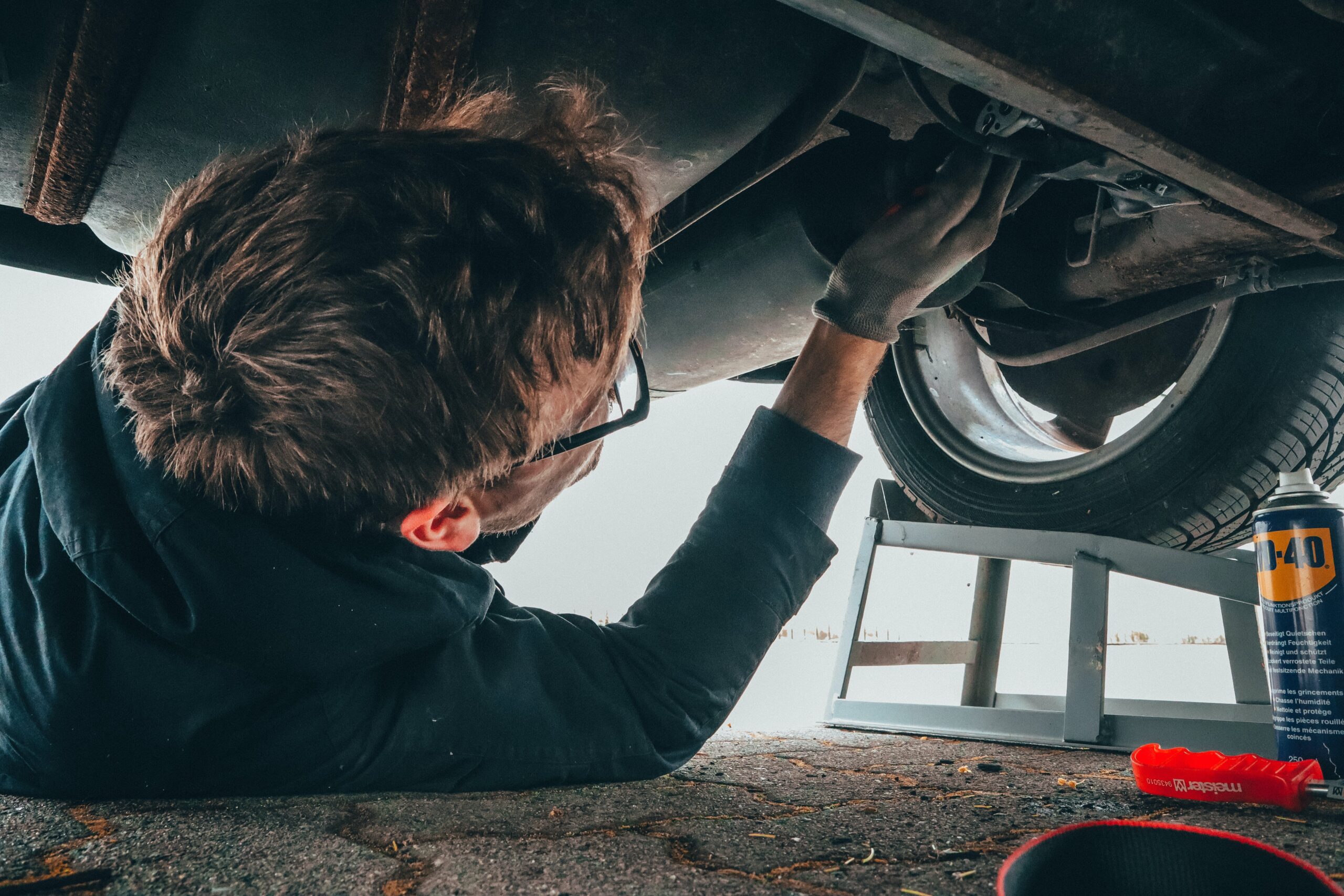
Maintaining Your Car’s Battery for Optimal Performance
Maintaining your car’s battery is important to ensure its optimal performance and prolong its lifespan. Here are some tips to follow to maintain your car’s battery.
- Keep the battery clean and free of dirt and debris. Dirt and debris can cause corrosion that can damage the battery’s performance.
- Check the battery’s water level regularly. If the fluid level is low, add distilled water to bring it to the appropriate level.
- Turn off lights and accessories before turning off the engine to avoid excessive battery drainage.
- Use a battery tender when storing your car for an extended period to keep the battery from discharging.
Remember to replace your car’s battery regularly, as recommended by the manufacturer, to avoid failures.
Tips for Extending the Lifespan of Your Charging System
Taking care of your charging system is essential to extending its lifespan. Here are some tips to follow to prolong the life of your car’s charging system.
- Regularly check your battery’s fluid level and keep it at the appropriate level. Low fluid levels can decrease the charging system’s performance.
- Keep the battery terminals clean and free of debris and corrosion. Dirty terminals can cause resistance and lead to a decrease in the charging system’s performance.
- Ensure that all electrical connections are tight, secure, and free of dirt and corrosion.
- Avoid prolonged use of electrical components like radios and air conditioning when the engine is off, as they can drain the battery.
- Don’t neglect regular car maintenance, as it can help identify and address charging system issues before they escalate.
By following these tips, you can ensure that your car’s charging system performs optimally and lasts longer. Don’t hesitate to seek the help of a professional if you suspect any problems with your charging system.
Upgrading Your Charging System: Is it Necessary?
If you’re looking to upgrade your car’s charging system, it’s essential to determine whether it’s necessary or not. Upgrading can be beneficial in some cases, but in others, it could be an unnecessary expense.
Here are some scenarios where upgrading could be necessary:
-
Installing a more powerful stereo system: If you plan on installing a high-powered stereo system, you may need to upgrade your car’s charging system to support it.
-
Adding additional electrical components: If you plan on adding electrical components like a winch or additional lighting, upgrading your charging system may be necessary to support the increased power demand.
However, if you’re not planning on adding any extra electrical components or high-powered audio equipment, upgrading your charging system may not be necessary.
It’s important to consider the cost of upgrading as well. Upgrading can be expensive, so it’s essential to weigh the benefits against the cost to determine whether or not it’s worth your money.
Finding a Reliable Mechanic to Service Your Charging System
If you suspect that your car’s charging system needs servicing or repairs, finding a reliable mechanic is crucial. Here are some tips to help you find a reputable mechanic to service your car’s charging system.
-
Shop around: Don’t settle on the first mechanic you come across. Shop around and ask for recommendations from friends and family.
-
Check qualifications: Ensure that the mechanic is qualified and experienced in servicing charging systems.
-
Check reviews: Look for reviews online to see what previous customers have said about the mechanic’s services.
-
Check for certifications: Look for certifications like Automotive Service Excellence (ASE) certification, which indicates that the mechanic has been trained and tested in automotive repair.
-
Get a quote before starting any repairs: Ensure that you get a quote before agreeing to any repairs to avoid any surprises when you receive the bill.
By following these tips, you can ensure that you find a reliable mechanic to service your car’s charging system and avoid unnecessary expenses and poor workmanship.





